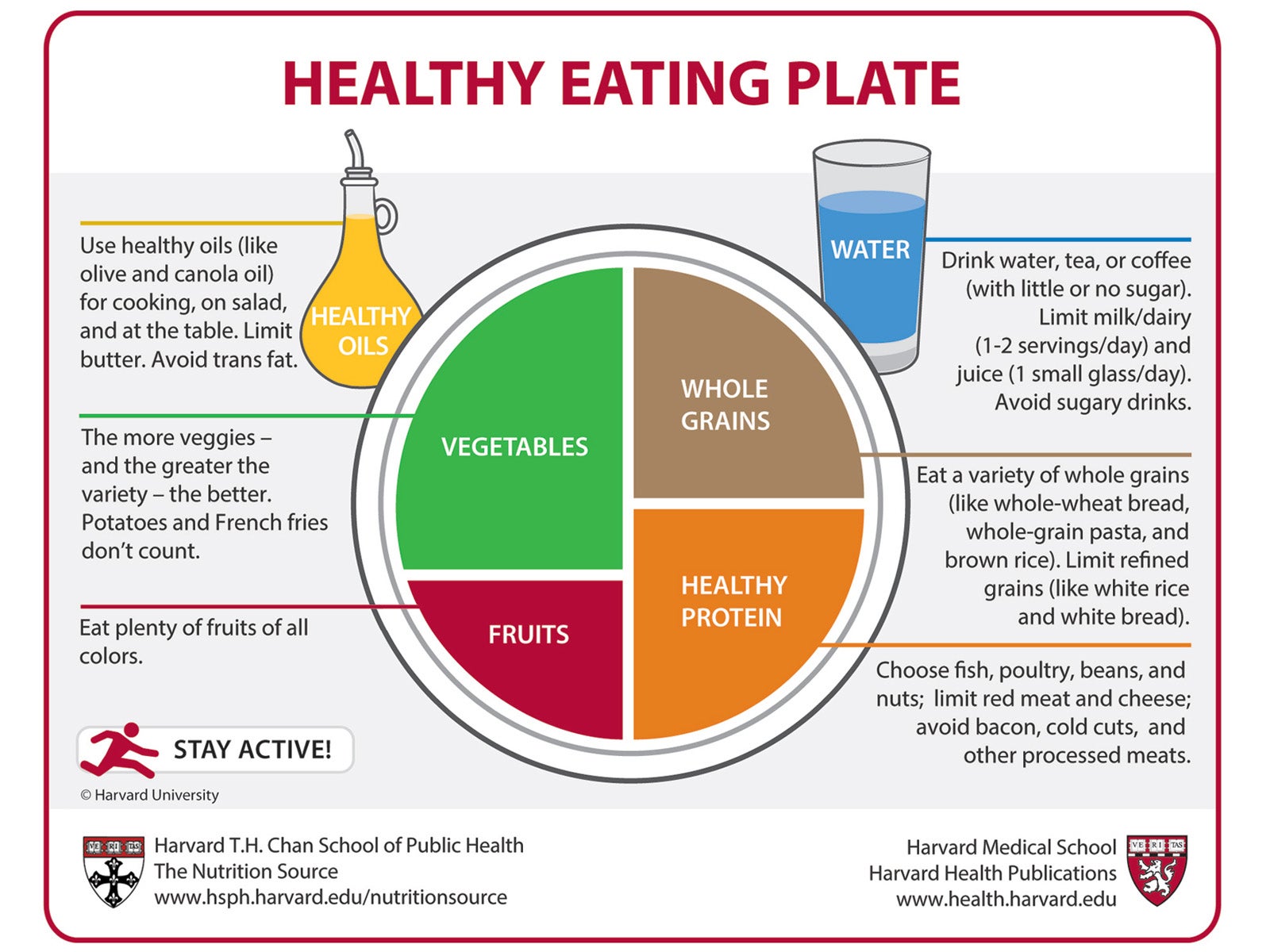By a Nutrition Expert As a nutritionist with years of experience guiding clients toward sustainable health, I’ve seen firsthand why calorie counting often leads to frustration. While it’s a popular tool, many registered dietitians and nutrition professionals, including those from Precision Nutrition and Harvard Health, emphasize that it overlooks key aspects of nutrition and human biology. This article, grounded in evidence from reputable sources, explains the shortcomings and offers practical, expert-backed alternatives.

The Pitfalls of Calorie Counting
Calorie counting assumes weight management is simple math, but as nutritionists frequently point out, it’s far more nuanced.
1. Inaccuracies in Tracking and Labeling
Food labels can be off by up to 20%, and even trained nutritionists underestimate intake by around 30%. Absorption varies based on food preparation and individual factors.
2. Individual Biological Differences
Gut microbiome, hormones, and metabolic adaptations play huge roles. Many nutrition experts highlight how the body resists weight loss by slowing metabolism.
3. Overemphasis on Quantity Over Quality
Focusing on calories ignores nutrient density. As nutritionists from ZOE and Harvard advise, 100 calories from whole foods behave differently in the body than from processed items—promoting better satiety and health.
These flaws explain high failure rates and why many nutritionists steer clients away from strict tracking.
Effective Alternatives: A Nutritionist’s Recommendations
Nutrition professionals prioritize sustainable habits that honor the body’s needs.
1. Prioritize Nutrient-Dense, Low-Energy Foods
Fill your plate with vegetables, fruits, and fiber-rich options for natural portion control and better nutrition.
2. Focus on Whole Foods and Balanced Macros
Emphasize proteins, healthy fats, and complex carbs. Nutritionists often recommend models like the Healthy Eating Plate.
3. Practice Mindful and Intuitive Eating
Listen to hunger cues, eat slowly, and incorporate movement, sleep, and stress management.
4. Seek Personalized Guidance
Consult a registered dietitian or nutritionist for tailored plans that go beyond calories.
Conclusion
Calorie counting alone fails because it neglects the principles of holistic nutrition. As nutritionists, we advocate shifting to food quality, mindful habits, and professional support for lasting results. Health isn’t about restriction—it’s about nourishing your body. Always consult a qualified nutritionist or dietitian for personalized advice



:max_bytes(150000):strip_icc()/Health-GettyImages-1621541508-6b10eac38e484084a5a5f84714c2bfd1.jpg)
